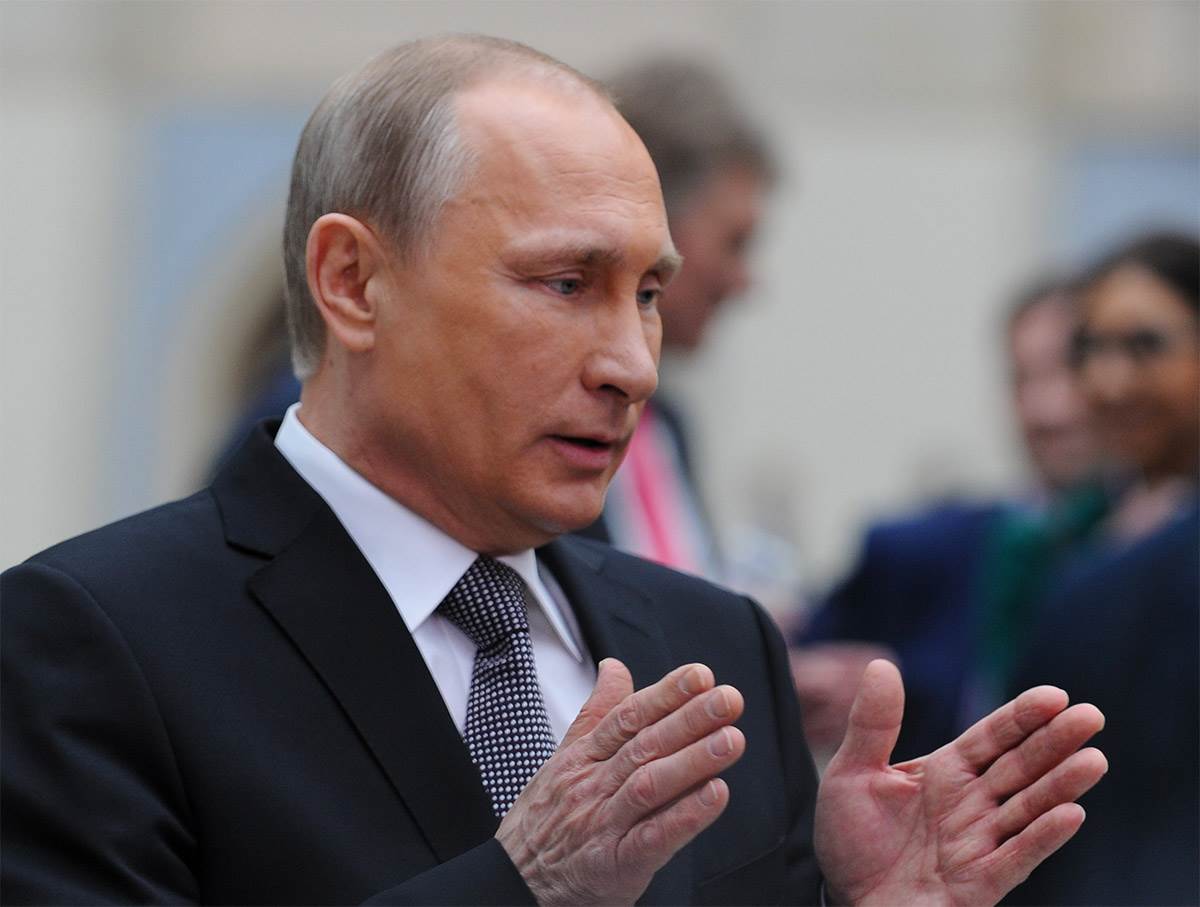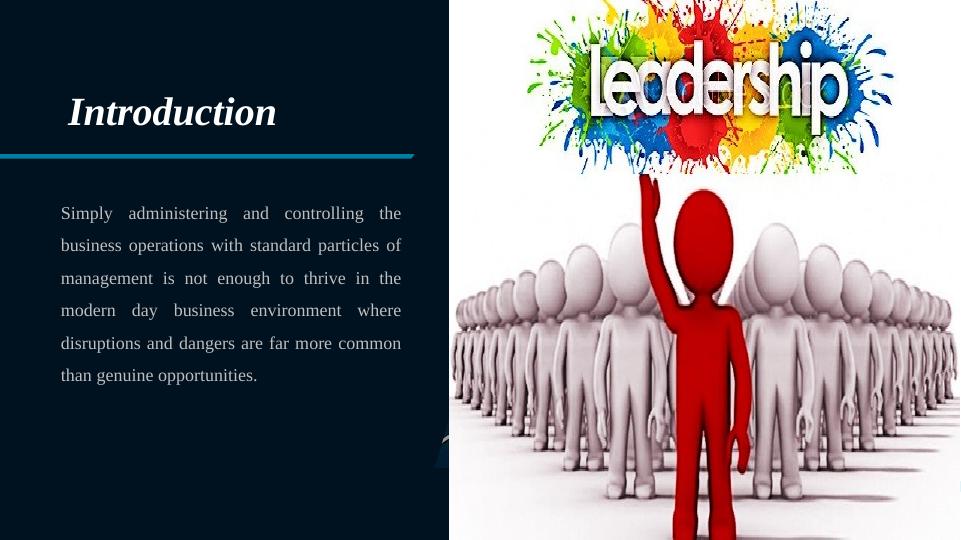Decoding Vladimir Putin'S Leadership Style: Strategies And Impacts

Vladimir Putin's leadership style is often described as a complex blend of authoritarianism and strategic manipulation. Understanding Putin's leadership offers crucial insights into the dynamics of Russian politics and international relations. This article will explore the defining characteristics of Putin's governance, his political strategies, the impact of his policies, and how he compares to other global leaders.

Key Characteristics of Putin's Leadership
Putin's leadership is marked by several key characteristics that define his authoritarian governance.
Centralization of Power
One of the most prominent traits of Putin's leadership style is the centralization of power. Since coming to power in 1999, he has systematically dismantled political opposition and consolidated authority within the Kremlin. This shift is evident in the manipulation of electoral processes, which often favor his party, United Russia.
For instance, in the 2021 Duma elections, observers noted numerous irregularities that bolstered Putin’s grip on power. This centralization also extends to the judiciary, which has been criticized for lacking independence, thus allowing Putin to control legal outcomes.
Control of Media
Another hallmark of Putin's leadership is the control over media narratives. The Kremlin exerts significant influence over major television networks, which dominate public discourse. This media manipulation allows Putin to shape public perception effectively.
According to a 2023 study by the Levada Center, a Russian polling agency, over 60% of Russians still trust state media for news. This statistic highlights the impact of Putin's media strategy in maintaining his popularity and suppressing dissent.
Use of Security Services
Putin's background in the KGB has greatly influenced his reliance on security services. He employs these agencies to monitor opposition and enforce loyalty among elites. This approach not only deters dissent but also ensures that potential rivals are swiftly dealt with.
For example, the arrest of Alexei Navalny in 2021 showcased how Putin utilizes state security forces to silence critics. Navalny’s imprisonment drew international condemnation but also reinforced the notion that dissent is met with severe repercussions under Putin’s regime.
Putin's Political Strategies
Putin's political strategies are multifaceted and have significantly shaped Russia's domestic landscape.
Media Manipulation
As mentioned earlier, media control is a cornerstone of Putin's strategy. By regulating information, he crafts a narrative that portrays his leadership as strong and effective. This manipulation extends to social media, where the state monitors and suppresses dissenting voices.

In 2022, during the invasion of Ukraine, state media framed the conflict as a necessary defense against Western aggression, thus justifying military actions to the Russian public.
Foreign Policy Maneuvering
Putin's foreign relations strategy is equally strategic. He often employs a combination of diplomacy and military intervention to assert Russia's influence globally. The annexation of Crimea in 2014 exemplifies this approach.
By leveraging military strength, Putin aimed to reclaim what he considers lost Russian territory. This assertiveness has resulted in strained relations with the West but has also solidified his image as a protector of Russian interests.
Impact of Putin's Leadership on Russia
The impact of Putin's leadership on Russian society is profound and multifaceted.
Erosion of Civil Liberties
Under Putin's regime, civil liberties have significantly declined. Laws restricting freedom of assembly and speech have been enacted, leading to a climate of fear among activists.
The 2012 law that imposes hefty fines on those organizing unauthorized protests is just one example of how Putin's governance has stifled dissent. Public protests have grown increasingly rare, as citizens fear retribution.
Shifting Public Perception
Despite the crackdown on dissent, Putin maintains a significant level of public support. Many Russians view him as a stabilizing force, particularly in the face of economic challenges.
Polls show that around 70% of Russians approve of his handling of national security, highlighting the effectiveness of his governance narrative. However, this approval rating may fluctuate as economic conditions worsen or international isolation deepens.
Comparative Analysis with Other Leaders
When comparing Putin's leadership style with that of other global leaders, such as Xi Jinping of China, similarities and differences emerge.

Authoritarian Characteristics
Both leaders exhibit strong authoritarian traits, prioritizing state control over individual freedoms. Like Putin, Xi has centralized power and suppressed dissent, using similar media control tactics to maintain public support.
However, Xi's approach includes a more extensive use of technology for surveillance, which contrasts with Putin's reliance on traditional security forces. This difference illustrates how authoritarianism can adapt to specific national contexts.
Impact on Foreign Relations
In terms of foreign relations, both leaders employ aggressive strategies to expand their influence. While Putin focuses on military interventions, Xi emphasizes economic partnerships and infrastructure investments through initiatives like the Belt and Road Initiative.
This comparative analysis highlights the varied approaches to authoritarian leadership, though both aim for regional dominance.
Criticism and Controversies Surrounding Putin
Putin’s leadership has not been without criticism. Domestically and internationally, he faces accusations of human rights abuses and aggressive foreign policies.
Domestic Backlash
Internally, opposition figures and human rights organizations have consistently condemned Putin's governance. Reports from organizations like Human Rights Watch detail the treatment of political prisoners and the suppression of free speech.
Putin's administration often responds to these criticisms by labeling dissenters as foreign agents or extremists, thereby attempting to delegitimize opposition voices.
International Sanctions
Internationally, Putin's actions have led to significant sanctions from Western countries, particularly following the annexation of Crimea and the invasion of Ukraine. These sanctions aim to cripple the Russian economy and isolate Putin on the global stage.
Despite these efforts, Putin has managed to maintain a degree of support from certain countries, showcasing the complexities of international relations in the face of authoritarian governance.
Conclusion
Vladimir Putin's leadership style is characterized by authoritarian traits, strategic media manipulation, and a reliance on security forces. His governance has led to a significant erosion of civil liberties and a complex relationship with the public.
As we analyze the implications of Putin's political strategies, it becomes clear that understanding his leadership is crucial for comprehending contemporary Russian politics and its effects on global relations. As we navigate these complexities, it is imperative to remain informed and engaged with the ongoing developments in Russia and their broader implications.